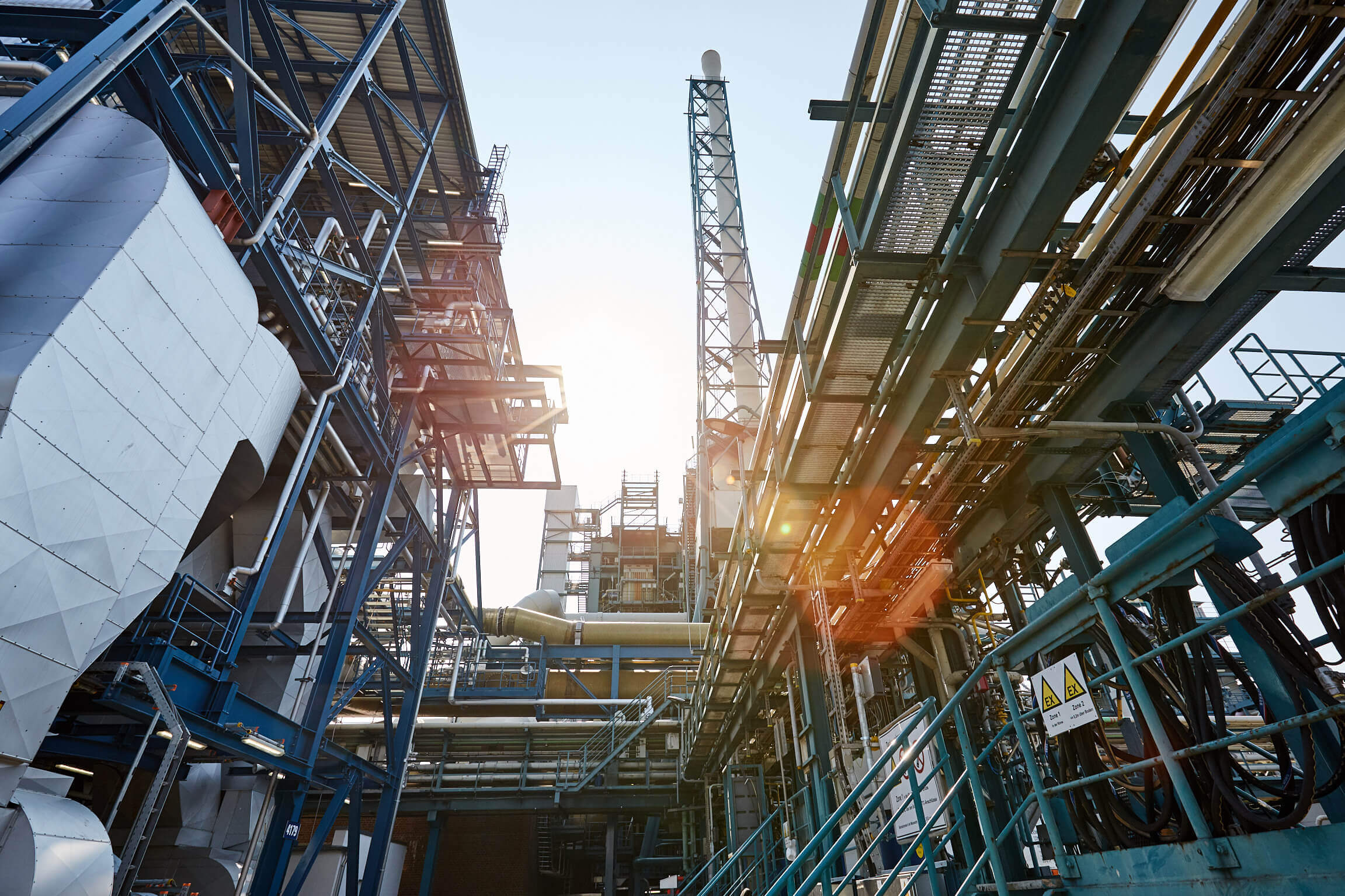Preview 2021: ‘German CO2 price can only be a start of energy taxes reform’

Clean Energy Wire: Which topics or events will dominate the energy and climate debate in 2021 - also considering the implications of the ongoing Covid19 pandemic?
Christoph Bals: Green recovery will be one very important issue. Do we really see a green recovery or a big “green-washing show”? If we don’t get a really green recovery here and in other G20 countries we have lost in the race to stabilise global climate change below 1,5°C. It looks like the new US president Joe Biden will invite big emitters to a green recovery summit in the first half of the year. And in the context of Covid19 this must not be just a green, but also a resilient and inclusive, recovery.
In June, the EU-Commission is likely to present hopefully transformative implementation packages for all sectors in its “Fit for 55 Package”. This is just three months before the German national election. So there’s no question: this will be a climate election. And we have to show that transformation is not only an ecological but also a social perspective.
In view of the general elections in Germany next year - what should politicians put on their agenda concerning climate action in the different sectors?
In the electricity sector, the motto has to be: energy saving and efficiency first. Secondly, speeding up the growth of renewable energies and organising a coal phase-out by 2030. And in addition: build the necessary grids, storage and establish provisions for an integrated energy system.
In the industry sector, we need to move from protecting the industry to supporting the transformation of industry. This means getting serious with emission trading, contracts for difference, an innovation fund, and equivalents to carbon border tax adjustments.
In the transport sector, we have to organise the phasing out of fossil cars in the next decade. We need a moratorium for new motorways and the readiness to transform the central German road planning instrument “Bundesverkehrswegeplan” into a transformative “new mobility plan”.
We need to introduce an innovation wave in the buildings sector – reducing emissions and energy costs quickly while creating jobs.
And in agriculture, the phasing out of industrial animal production is central. It’s the biggest source of emissions in agriculture, imports of animal feed destroy the Amazon rainforest, it’s an increasing challenge for good drinking water and one of the big drivers for antibiotic resistance.
I believe public reaction to [the new CO2 price] will be low-key in 2021, we don’t expect relevant protests or a bigger media campaign against the instrument.
Germany is introducing a price on CO2 in the building and transport sectors next year – what do you think the public reaction will be to this and do you advocate more reform of the system of taxes and levies on energy?
I believe public reaction to this instrument will be low-key in 2021, we don’t expect relevant protests or a bigger media campaign against the instrument. In 2021 the instrument will raise prices at fuel stations only by a couple of cents. Still, some actors will campaign against it. The first phase of the CO2 price can only be a start in reforming system of taxes and levies on energy. The new CO2 price has to increase quicker than planned by the current government. In order to make this happen, some social justice issues have to, and also can be, solved. A second important element is Germany supporting the EU in improving the European Emissions Trading Scheme (ETS) and making it fit for the new climate targets. This, for example, includes full auctioning for airline emission certificates and a rising carbon floor price.
The domestic system of energy and transport taxes and levies needs an overhaul in order to smartly reach the climate targets. This includes a bonus-malus mechanism for vehicles that makes small cars cheaper and big or high horse-power cars more expensive.
The European Union is planning to raise its emission reduction target for 2030 - what are the implications for Germany?
It’s a huge opportunity to organise the necessary transformation in all sectors. Now that all G7 countries move towards greenhouse gas neutrality in 2050 and additional G20 countries move in this direction we will have a different competition situation. Now that most big markets move in this direction it’s no longer in the interest of industry to block the transformation, but to be among the front runners. If you don’t transform your business model in time it will come to an end. The car industry was very late, maybe too late, in recognising this. We should collectively learn from this situation.

